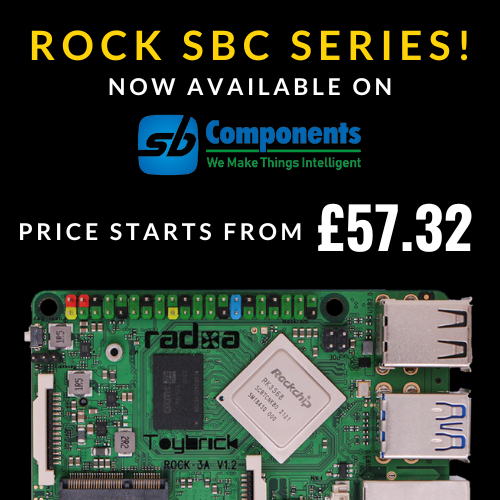Introduction to Stem:Bit - The micro:bit learning kit
Everyone enjoys playing with toys, right? As kids, each one of us had played with blocks.
Easy to build and break it. Blocks are a benefit for the children because they encourage interaction and imagination. It improves creativity and stimulates them to make their own designs with blocks.
Have you ever imagined, what if we merge Electronic as well as programming concepts with these blocks?
StemBit is the answer to the above question.
Easy to build and break it. Blocks are a benefit for the children because they encourage interaction and imagination. It improves creativity and stimulates them to make their own designs with blocks.
Have you ever imagined, what if we merge Electronic as well as programming concepts with these blocks?
StemBit is the answer to the above question.
Basically, Stem:Bit is a collection of small building blocks which are programmable. It is designed and developed to help both technical as well as non-technical person to explore their imagination and creativity, and creating something cool while on the play! And it was made even better by introducing the popular micro-controller, the BBC micro:bit board.
Features:
- Easy to assemble.
- Easy to code.
- Nurture creativity.
- Learn the basics of electronics.
Now, you all must be thinking about what is micro:bit. Most of you must be familiar with this term but those who are new to it here is a brief introduction to the micro:bit.
About micro:bit
micro:bit is an open-source ARM-based embedded system designed by the BBC foundation. It is a small hand-held device designed to bring creative ideas, technology and games in our life. It consists of 25 programmable LED's, 2 programmable buttons, 1 reset button, input and output are provided by the 20 pins/strips edge connector and also by 5 ring connectors. It also has inbuilt features like accelerometer, compass, temperature sensor, wireless communication. It can be powered up either by micro USB or external batteries.
About StemBit microbit Robot
Stem:Bit was designed for engaging every kid or the techie to play and have fun along with learning to program. Stem:Bit comprises of two terms - “Stem” from STEM EDUCATION i.e “Science”, “Technology”, “Engineering”, “Mathematics” and “Bit” from the micro:bit which is the core of the Stem board.
Check Related Article:
The kit consists of more than 260 programmable blocks which can be programmed by using micro:bit. Easy to assemble blocks, kids enjoy making exciting stuff out of these building blocks.
micro:bit is the fundamental of Stem:Bit - programmable blocks kit. Programming with the micro:bit is as easy as A-B-C. There are various ways to programme the micro:bit but the easiest way to programme it is Block programming by micro:bit. Each block can be shaped according to the imagination of the individual and can be programmed easily.
The Stem:Bit consists of:
- 2 High-Power RGB LED.
- 3 SMD RGB programming lights
- Three 5V servos
- Two 3V DC motors
- Buzzer
- 500mAh high-capacity lithium battery
- Charging via a USB cable
- Multiple protection circuits: over-discharge protection, overcharge protection, and reverse-connection protection
- Expansion board integrates an infrared ranging pair tube, a high-precision tracking probe, and an ultrasonic module interface
- Transform the entire expansion board into a smart car chassis for a micro:bit smart car
- Three kinds of communication interfaces: IIC, SPI, serial communication
- Easy to expand PS2 controller, Bluetooth module and other external devices
While designing you will learn the concepts of sensors like Infrared sensor, ultrasonic sensor (for obstacle detection), LED's, working of motors, line-following concepts and many more concepts when you come across it.
The "micro building blocks kit" are also compatible with LEGO, which further enhances the beauty of this kit. You can use these blocks and learn to programme. This kit is definitely a good choice for exploring fun and creativity together.
“Imagination is more important than knowledge” Albert Einstein
Hope you enjoyed this article, you can buy the Stem:Bit from the link below


















.png)




